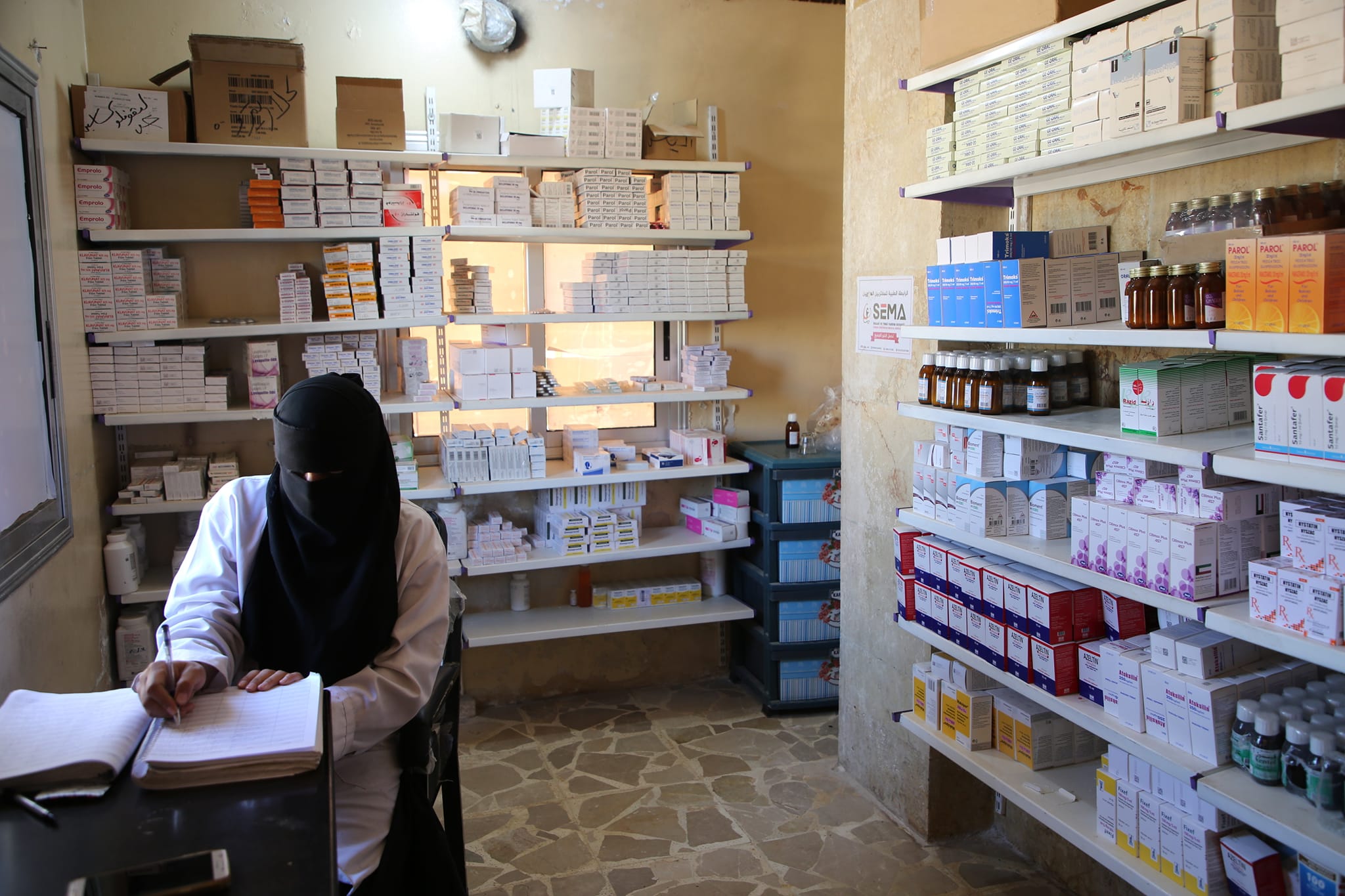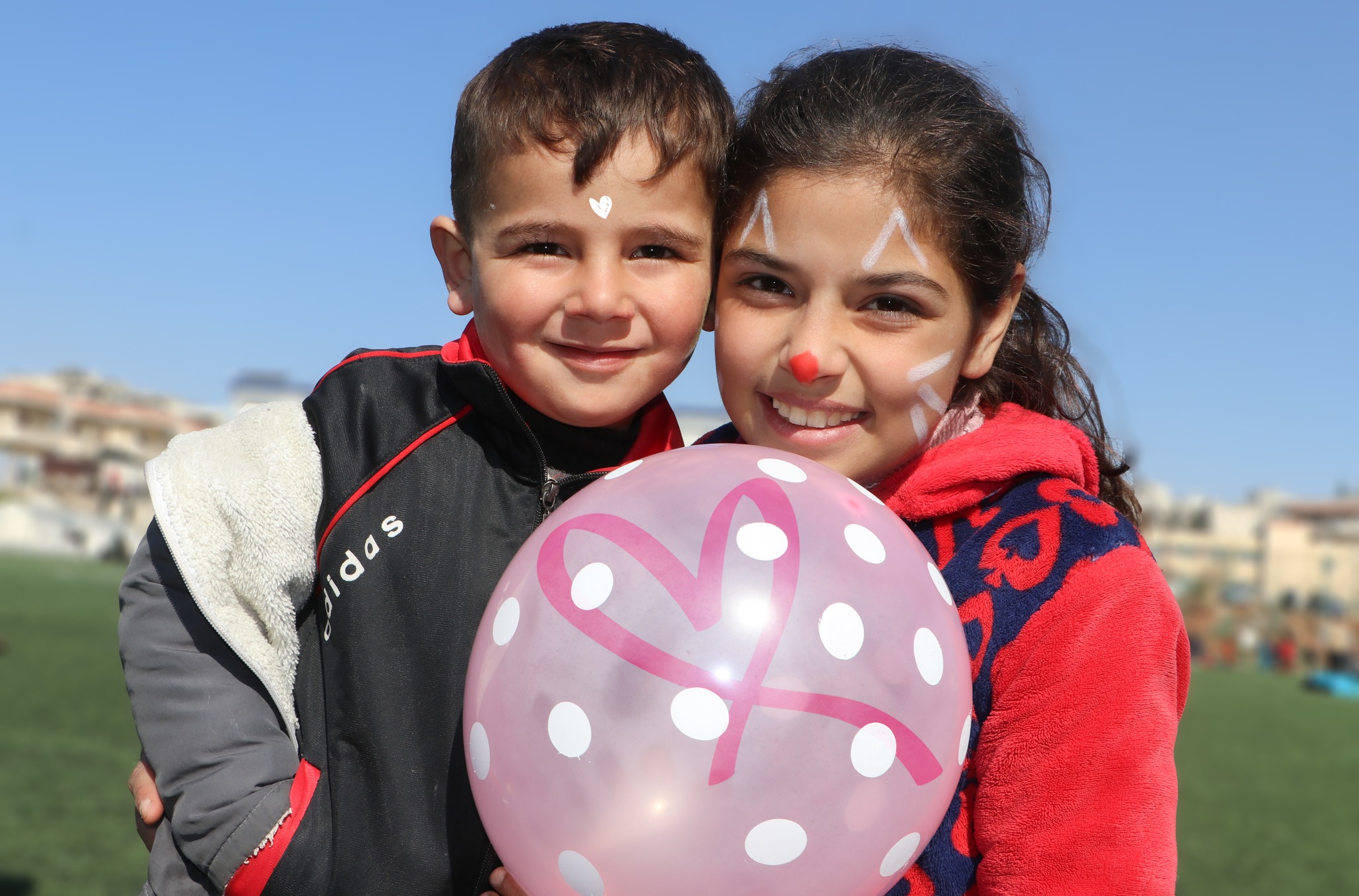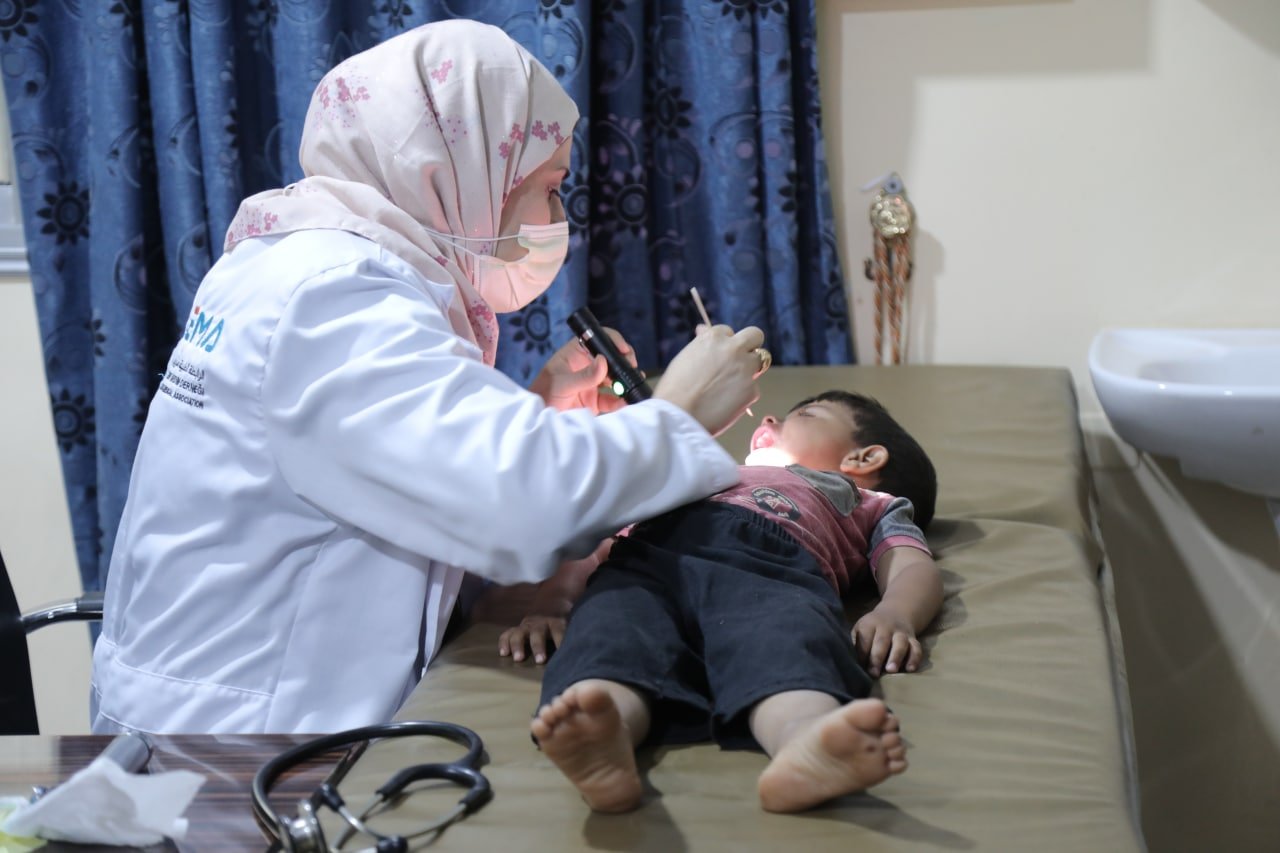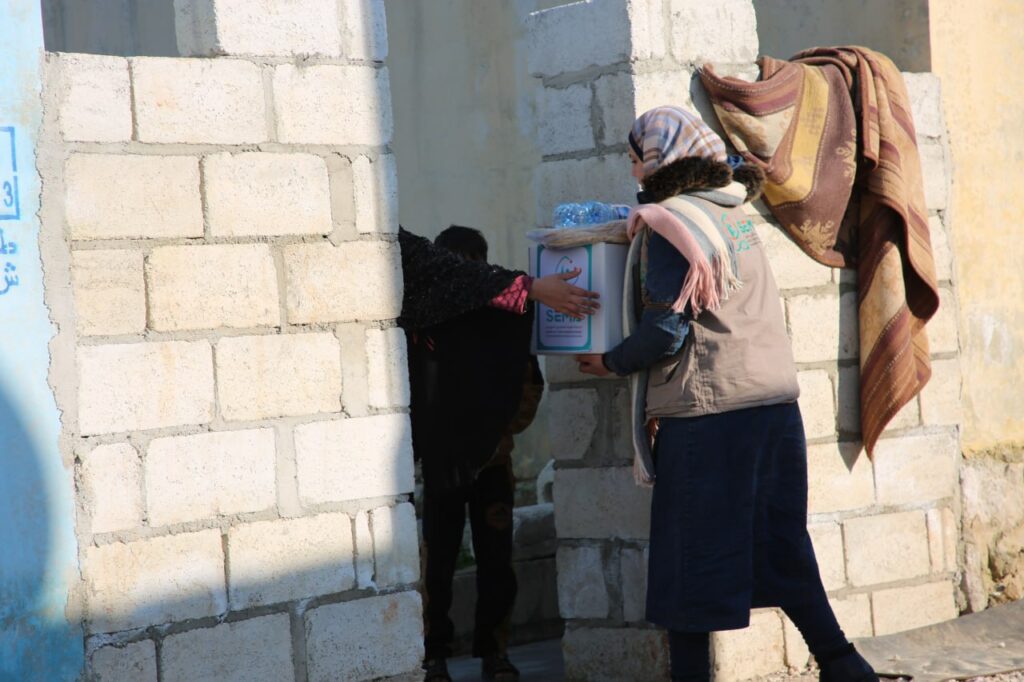Fasting Ramadan is a sacred obligation for Muslims, underscoring its significance in Islam as one of the five pillars. As decreed in the Holy Quran:
“O believers! Fasting is prescribed for you—as it was for those before you—so perhaps you will become mindful ˹of Allah˺.” [Al-Baqarah 2:183].
However, maintaining the fast during this holy month isn’t without its challenges, especially concerning the use of medications.
This article will delve into “The Do’s and Don’ts of Taking Medications While Fasting.” Exploring which medications do not break the fast and which require careful consideration aligns with our commitment to navigating religious obligations while prioritizing one’s health.
The Importance of Medication Management During Fasting
Islam holds the principle of ease, prioritizing human welfare. As such, Fasting during Ramadan is not obligatory for individuals whose health depends on medication or those in recovery from specific illnesses.
The Holy Quran explicitly states:
“˹Fast a˺ prescribed number of days. But whoever of you is ill or on a journey, then ˹let them fast˺ an equal number of days ˹after Ramaḍân˺. For those who can only fast with extreme difficulty, compensation can be made by feeding a needy person ˹for every day not fasted˺. But whoever volunteers to give more, it is better for them. And to fast is better for you if only you knew.” [Al-Baqarah 2:184].
The decision to fast or not, especially for those with transient or chronic diseases, hinges on the individual’s health condition, with medical professionals playing a crucial role in assessing the suitability of fasting.
Adjustments to medication schedules may be necessary, guided by medical expertise and religious counsel, ensuring the individual’s well-being while upholding the spirit of Ramadan.
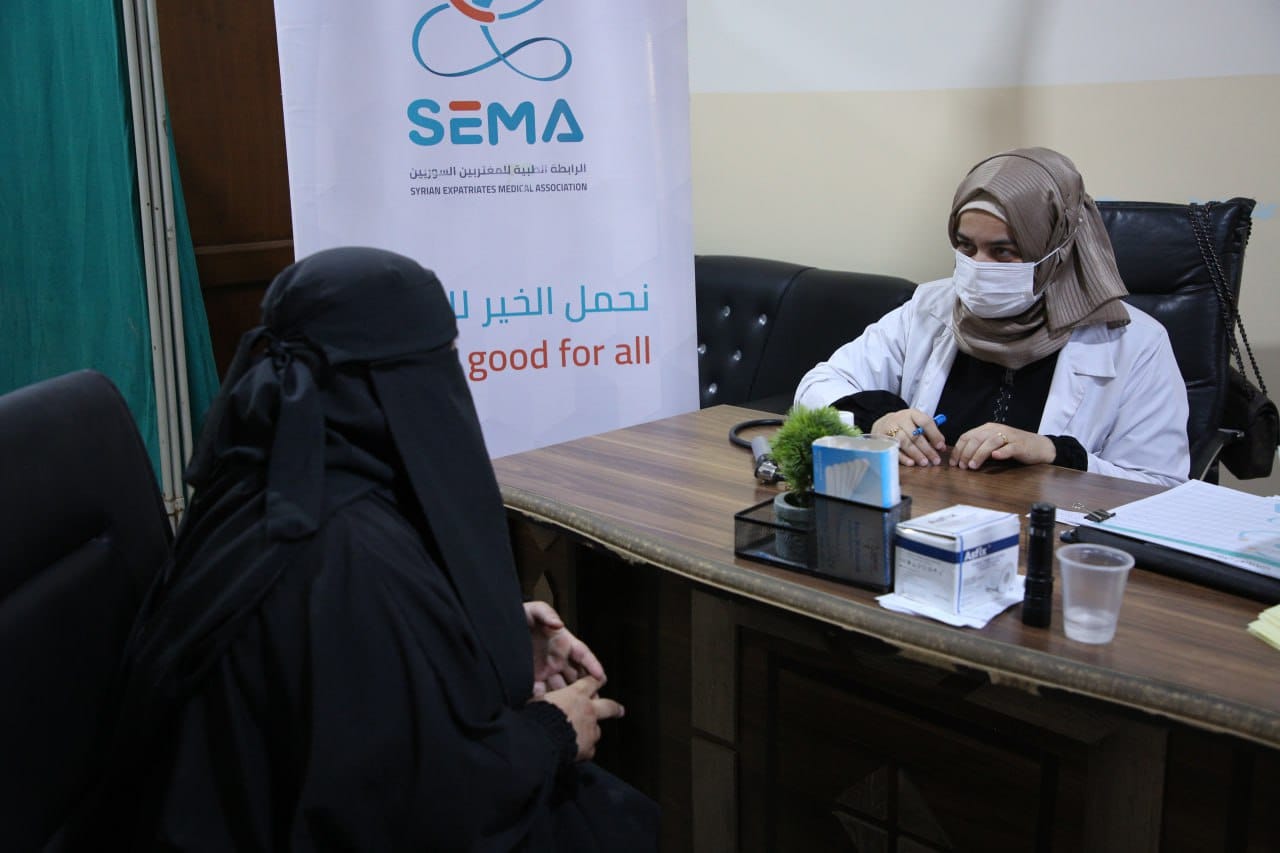
Do’s for Taking Medications While Fasting
When it comes to taking medications while fasting, it is important to consider the following guidance:
- Ensure that your chronic health condition is well managed and uncomplicated before deciding to fast. If you have conditions such as coronary artery disease, kidney disease, high blood pressure, or diabetes, consulting with your healthcare physician is crucial to assess the safety of fasting for you.
- Plan and prepare in advance to avoid complications or worsening of your condition during fasting. This may involve discussing your fasting intentions and medication schedule with your healthcare provider.
- Keep in mind that oral medications and intravenous nutrition are considered to break the fast. If fasting is safe and appropriate for you, taking these medications before dawn or after sunset is recommended under your healthcare physician’s guidance.
- Stay hydrated by drinking plenty of fluids, particularly at the pre-dawn meal (Suhoor). It is advised to limit drinks containing caffeine or high levels of sugar.
- Opt for healthy, balanced meals in moderate portions. Avoid or limit consumption of ultra-processed or high-fat foods, as they may lead to digestive discomfort.
Adhering to these guidelines and closely working with your healthcare physician will help ensure you can safely take your medications while fasting and maintain good health during Ramadan or any fasting period.
Don’ts for Taking Medications While Fasting
When observing fasts, adhering to medical advice and not skipping to consult a professional is essential before skipping prescribed medications. Doing so can pose potential risks to one’s health and well-being.
Avoid making unilateral decisions about altering or omitting prescribed medications without seeking medical guidance to ensure the maintenance of your health and the effectiveness of your treatment.
Allah (SWT) Said in the Holy Quran:
“Ramaḍân is the month in which the Quran was revealed as a guide for humanity with clear proofs of guidance and the decisive authority. So whoever is present this month, let them fast. But whoever is ill or on a journey, then ˹let them fast˺ an equal number of days ˹after Ramaḍân˺. Allah intends ease for you, not hardship, so that you may complete the prescribed period and proclaim the greatness of Allah for guiding you, and perhaps you will be grateful.” [Al-Baqarah 2:185].
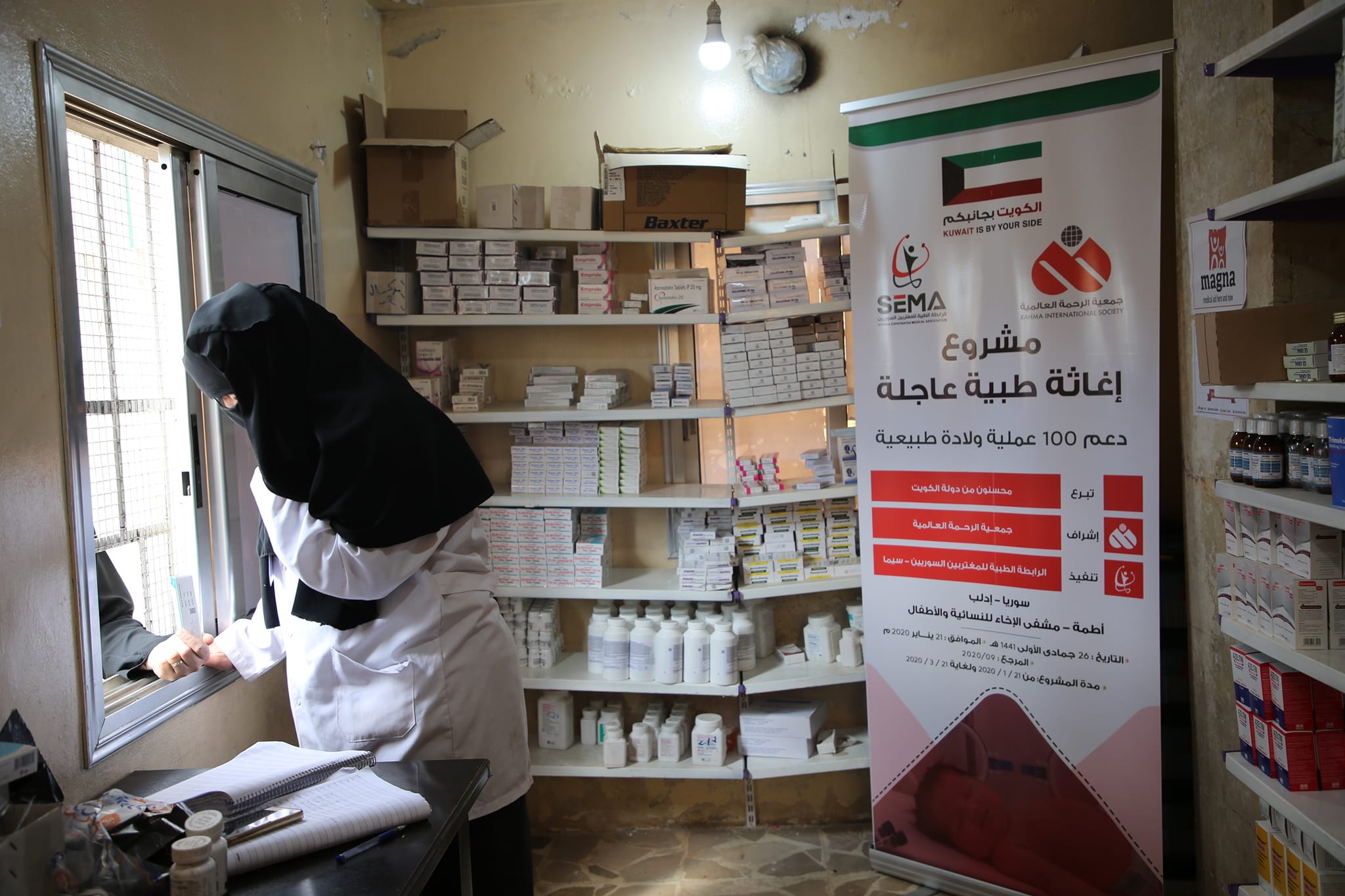
Common Medications During Fasting
The Islamic Fiqh Academy issued rulings on medications about fasting, providing clarity on what does and does not break the fast; here is a list of permissible medical procedures and treatments that do not invalidate the fast:
- Eye drops, ear drops, ear wash, nose drops, or nasal spray: Permissible if one avoids swallowing anything that reaches the throat.
- Therapeutic tablets under the tongue: These are allowed if one avoids swallowing anything that gets into the throat, such as those used to treat angina pectoris.
- Vaginal treatments: Anything inserted into the vagina, including suppositories, lotion, a vaginal speculum, or a finger for medical examination.
- Uterine procedures: Inserting instruments like speculums or IUDs into the uterus.
- Urethral treatments: Anything entering the visible urethra, like a catheter, endoscope, X-ray contrast material, medicine, or a solution for bladder washing.
- Dental procedures: Drilling the tooth, extracting a molar, cleaning teeth, using a siwak or toothbrush, as long as one avoids swallowing.
- Oral hygiene: Rinse the mouth, gargle, and use topical treatment sprays for the mouth, provided nothing is destroyed.
- Injections: Cutaneous, intramuscular, or intravenous therapeutic injections, excluding fluids and nutritional injections.
- Oxygen gas: Permissible.
- Anesthesia gases: Allowed unless accompanied by nutritious fluids.
- Skin absorption: Substances absorbed by the skin, including fats, ointments, and therapeutic patches with medicinal or chemical substances.
- Arterial catheterization: Inserting a catheter into arteries for imaging or treating vessels.
- Endoscopy: Inserting an endoscope through the abdominal wall to examine organs or perform surgery.
- Biopsies: Taking samples from organs like the liver unless accompanied by solution administration.
- Gastroscopy: Allowed if not accompanied by the introduction of fluids or other materials.
- Brain or spinal procedures: The entry of therapeutic instruments or materials into the brain or spinal cord.
- Unintentional vomiting: Permissible, unlike intentional vomiting.
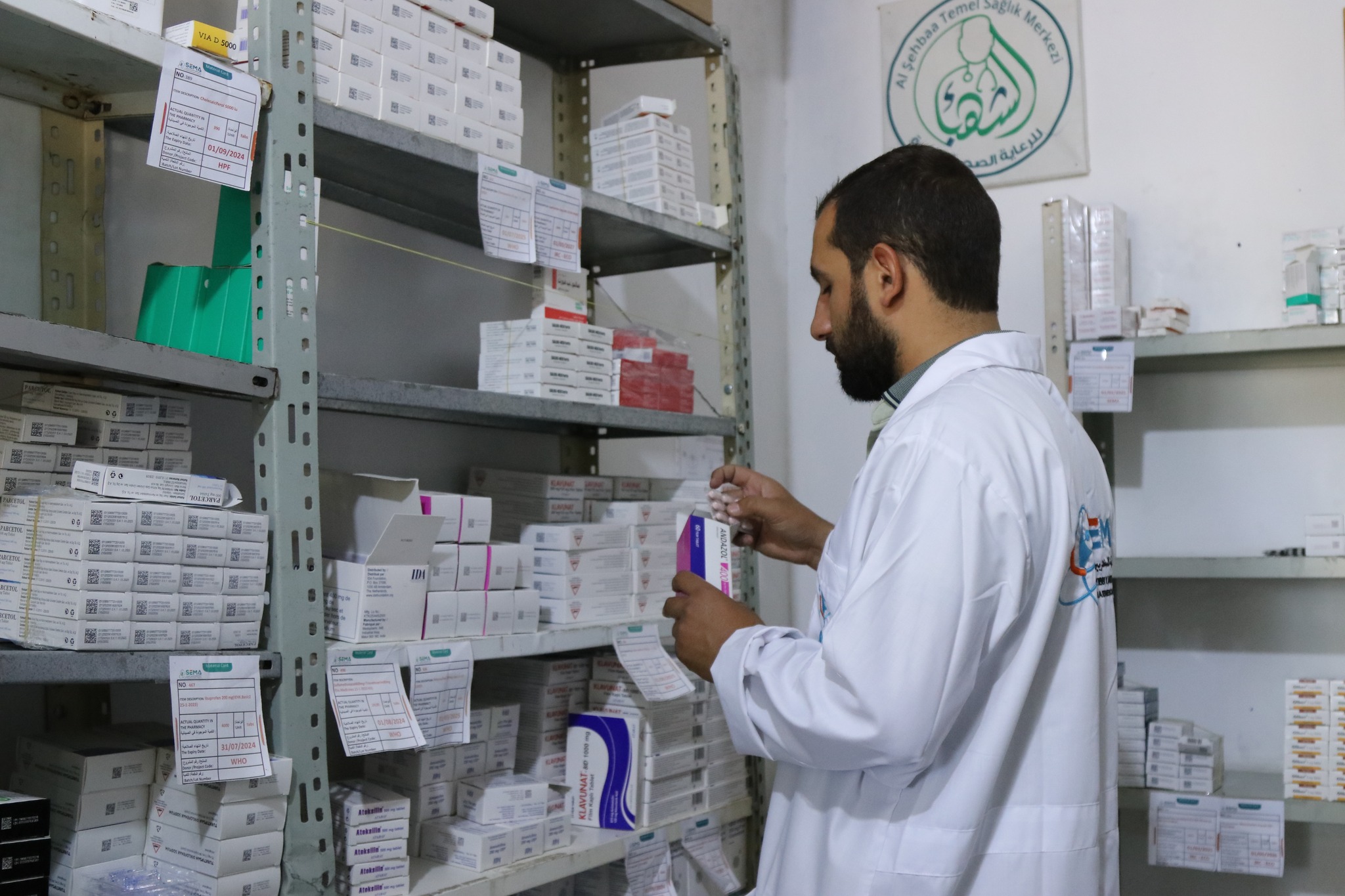
Join Us to Provide Medicine to Patients in Need
As the sacred month of Ramadan approaches, many refugees and displaced individuals continue to endure hardship, facing poverty and deprivation resulting from years of conflict. Access to necessities such as food and medicine remains challenging for these vulnerable communities.
In the spirit of compassion and generosity, we urge you to participate in providing medications through the initiatives of the Syrian Expatriates Medical Association (SEMA). We are dedicated to delivering comprehensive physical and mental health services to needy people.
Numan bin Bashir (RAA) reported Messenger of Allah (PBUH) said:
“The believers in their mutual kindness, compassion, and sympathy are just like one body. When one of the limbs suffers, the whole body responds to it with wakefulness and fever”. [Al-Bukhari and Muslim].
Your contribution can make a significant difference in the lives of these individuals during this month of mercy and benevolence!
FAQ
Can I take medications while fasting?
Yes, you can take certain medications while fasting based on specific guidelines. Consult with a healthcare professional for advice tailored to your health needs.
Is it Haram to take pills while fasting?
Oral medications and intravenous nutrition are considered to break the fast. If fasting is safe and appropriate for you, taking these medications before dawn or after sunset is recommended under your healthcare physician’s guidance.
Does fasting affect drug absorption?
Fasting can potentially impact drug absorption, so it’s crucial to consult a healthcare professional to understand any potential effects on medication efficacy.
Can I take vitamins while fasting?
Taking vitamins by injection during fasting is permissible, especially if they are necessary to maintain health and for treatment, not nutrition. However, it is recommended to consult a healthcare professional regarding the timing of taking vitamins during fasting.
Can I take antibiotics while fasting?
Taking antibiotics is Not considered to break the fast through therapeutic skin, muscle, or intravenous injections, except fluids and nutritional injections.
It’s vital to consult your healthcare provider to ensure the medication is taken effectively and does not significantly impact the fasting process.
Read More:
Ramadan Reflections: The Power of Collective Giving
Ramadan Zakat: Fulfilling Your Obligation and Helping Those in Need
What Are the Benefits of Giving to Charity During Ramadan?
Unlocking the Hidden Health Secrets of Ramadan Fasting
Donate with Purpose: Sadaqah for Illness at SEMA
Understanding Kaffarah: Obligations and Benefits
Zakat al Mal Decoded: Impact on SEMA’s Mission
Sadaqah Jariyah for Education: SEMA’s Educational Initiatives
Resources

